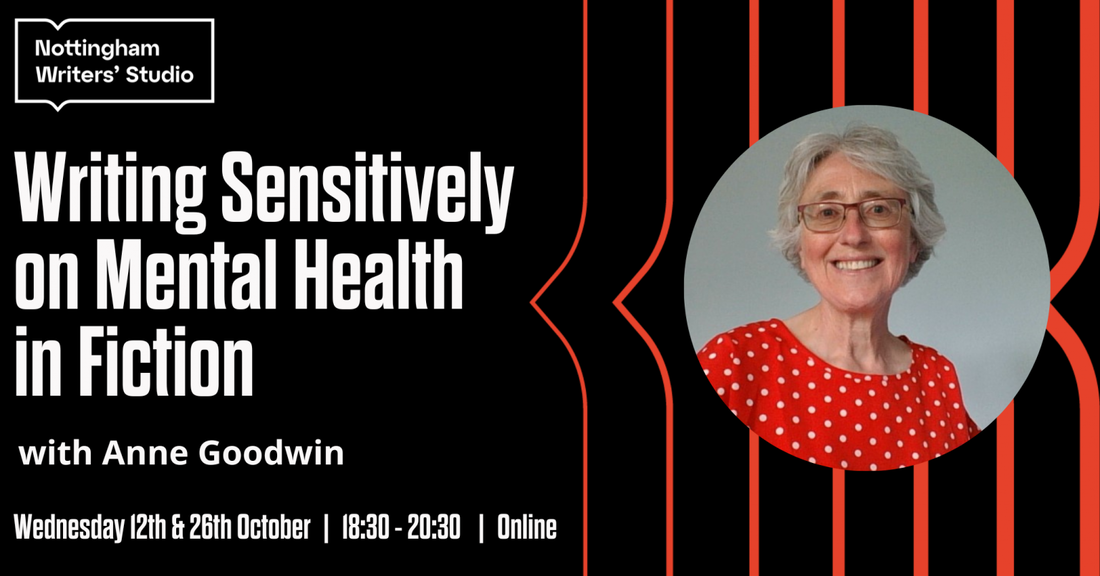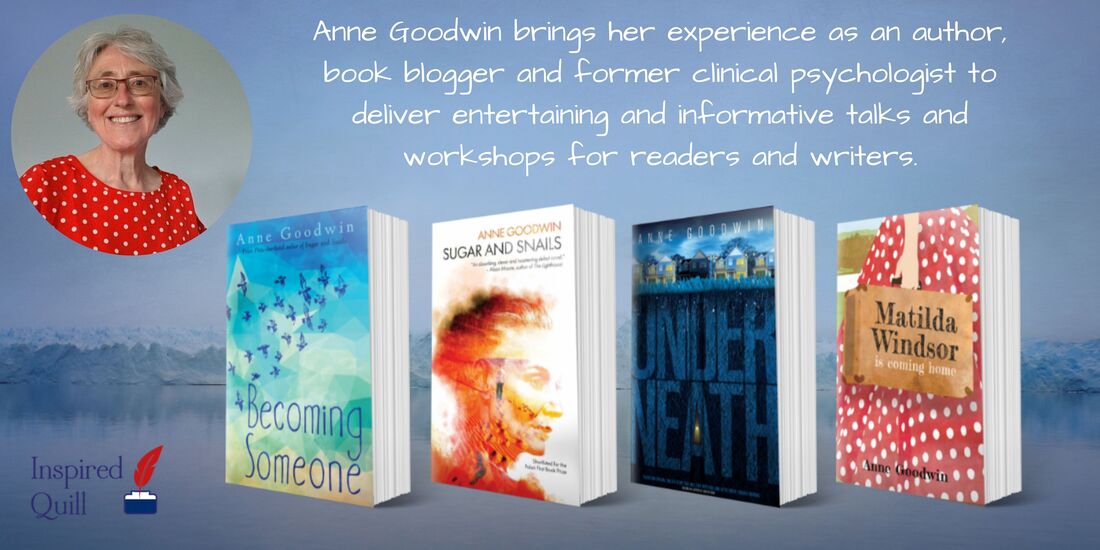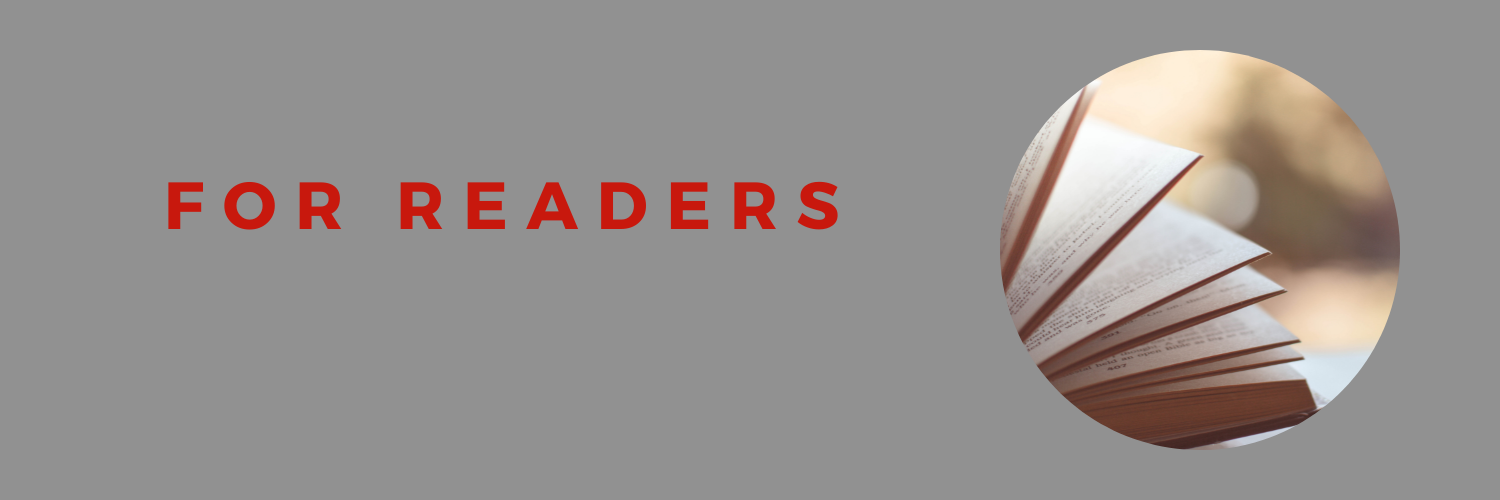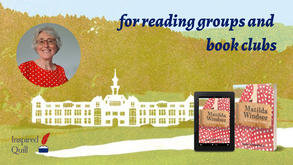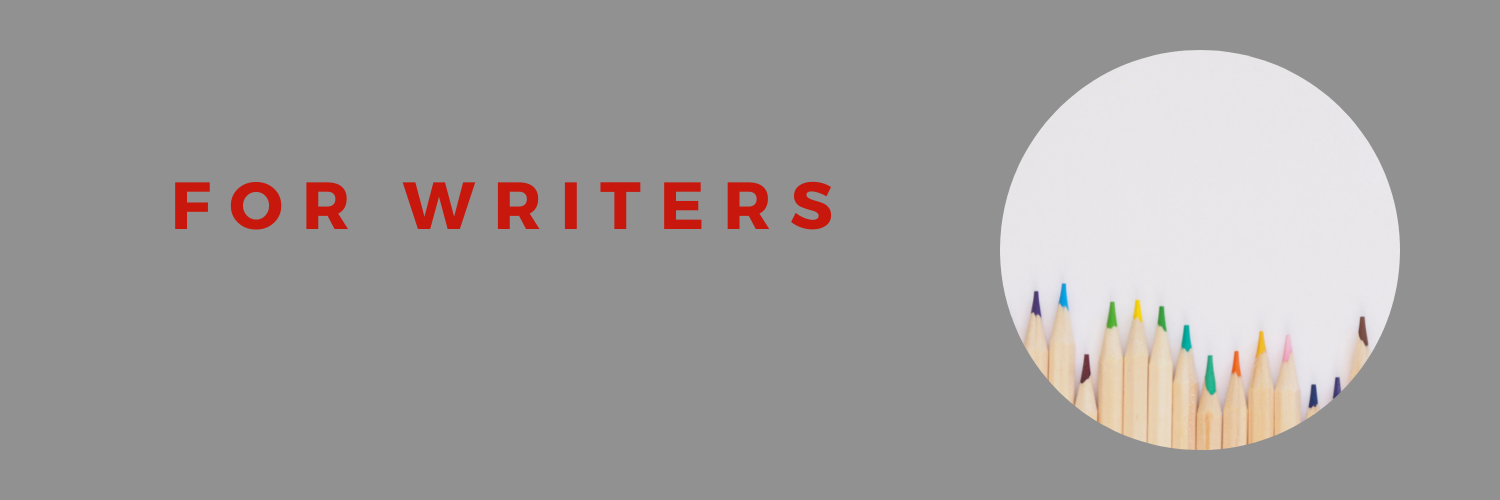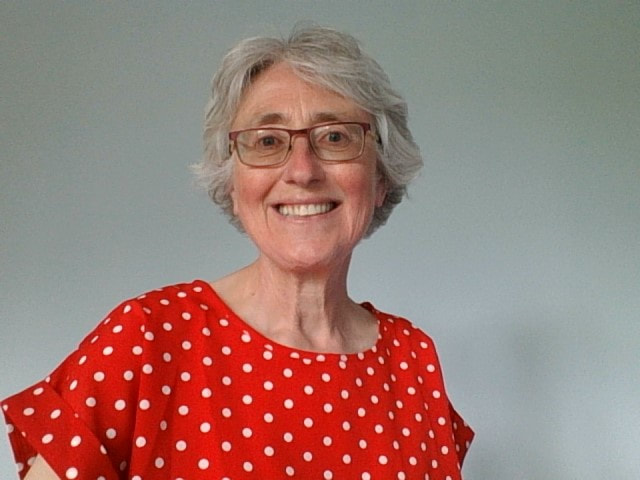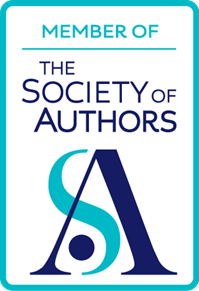For events currently open to the public, go to Forthcoming events
|
Exploring Identity through Fiction
Identity is a common theme in fiction, but what does it actually mean? We'll explore the concept through extracts from classical and contemporary novels and readings from my first short story collection, Becoming Someone. The dying days of the old asylums Anne Goodwin, a former clinical psychologist, discusses her humorous and heart-breaking novel, Matilda Windsor Is Coming Home, in the context of asylum history and the ‘delusions’ that help us heal. Fictional therapists A psychological therapist can make for an interesting fictional character: but how do they compare with those we might meet in real life? Concepts of home and away Home can be a place of refuge or a prison we need to escape. We'll explore concepts of home through readings and a literary quiz, including extracts from her own novels Underneath and Matilda Windsor Is Coming Home. FIND OUT MORE:
Your browser does not support viewing this document. Click here to download the document.
|
The art of the 99-word story
Do you have a story to tell but fear you lack the skill, stamina or patience to fill a page? Or are you an experienced writer so in love with language you struggle to cut your stories down to size? Come and practice the art of constructing a story in only 99 words. Creating a fictional therapist Have you ever wondered how realistic the therapists you encounter in fiction really are? Have you ever wanted to create one of your own but been unsure how to go about it? Writing about mental health in fiction How can writers capture the reality of mental disturbance without perpetuating negative stereotypes? Through discussions of texts, a quiz and time to write, this workshop assists participants to approach mental health issues with empathy and sensitivity. Writing about diversity Many writers want to reflect a diversity of identities and experience among our characters but fear inadvertently causing offence. This workshop provides the building blocks to write empathically about “the other” from the outside in. Reading as a writer Every writer is a reader first, learning our craft through doing what we enjoy. In this workshop, we'll explore some of the questions we can ask ourselves as we turn the pages in order to help us write the kind of books we ourselves would want to read. FIND OUT MORE:
Your browser does not support viewing this document. Click here to download the document.
|
